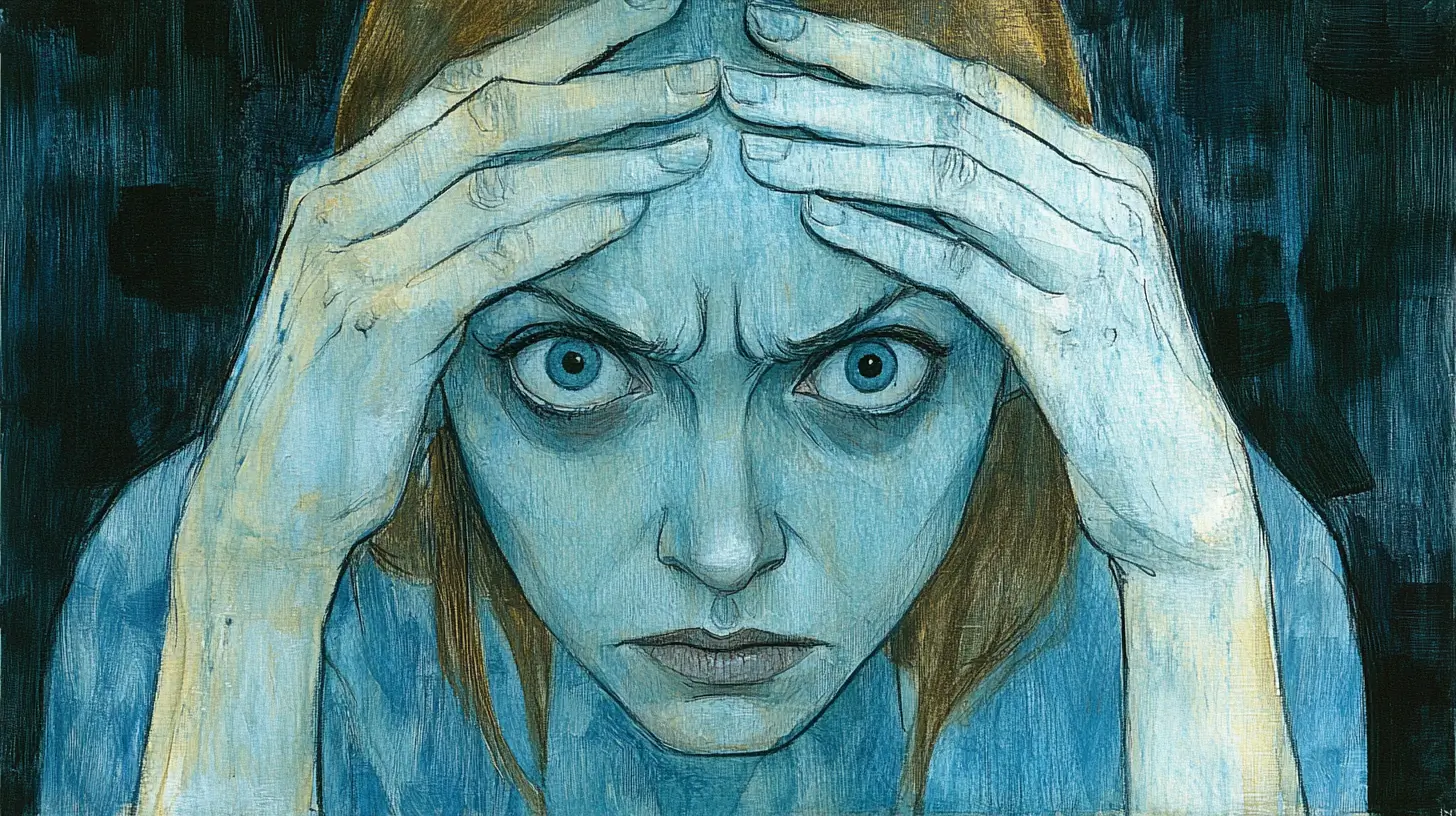Understanding Schizophrenia: A Basic Guide
When most people hear the word "schizophrenia," they might picture movie scenes involving dramatic mood swings and unpredictable behavior. But the reality of schizophrenia is far more complex and nuanced than such portrayals might suggest. Having watched a close family member navigate this challenging mental health condition, I’ve come to understand the depth of its impact—not just on the individual, but also on their loved ones.
Schizophrenia is a severe, chronic mental health disorder that affects a person's thinking, feelings, and behaviors. It's a condition that can be profoundly misunderstood by the public, and today, we're going to break down the basics, clear up some misconceptions, and shed light on the real facets of this condition.
What Exactly Is Schizophrenia?
Schizophrenia often appears in late adolescence or early adulthood, and is characterized by episodes of psychosis, where individuals lose touch with reality. This is much different than the common misconception that it involves a 'split personality'.
Experts believe that schizophrenia stems from a combination of genetic, brain chemistry, and environmental factors. Symptoms typically fall into three categories:
- Positive symptoms: These include delusions (false beliefs), hallucinations (seeing or hearing things that aren’t there), and distorted thinking.
- Negative symptoms: This could be shown through reduced emotional expression, decreased motivation, and a lack of enjoyment or interest in life.
- Cognitive symptoms: These involve problems with thought processes, including difficulties with concentrating, memory, and deciding.
The mix and intensity of symptoms can vary greatly from one person to another, making schizophrenia a complex and individualized disorder.
Causes and Risk Factors of Schizophrenia
The exact cause of schizophrenia is still unknown, but research suggests a combination of physical, genetic, and environmental factors may contribute to its development. Here’s what we currently understand:
- Genetics: The likelihood of developing schizophrenia is higher if there is a family history of the disorder, suggesting a strong genetic link.
- Brain structure: Differences in the brain's structure or chemistry may also be involved. Neuroimaging studies have shown differences in the brain structures of people with schizophrenia compared to those without.
- Environmental factors: These can include exposure to viruses, malnutrition before birth, problems during birth, and psychosocial factors.
It's important to note that schizophrenia is not caused by any one thing but rather a complex interplay of these factors.
Living with Schizophrenia: Challenges and Management
Living with schizophrenia can be incredibly challenging, both for the individuals diagnosed and their families. The unpredictability of symptoms can make daily life and social interactions difficult. However, with proper treatment and support, many individuals lead fulfilling lives. Treatment typically includes:
- Antipsychotic medications, which help manage symptoms by affecting brain neurotransmitters.
- Pyscho-social interventions, which may include therapy or rehabilitation focused on social skills and job training.
Having a strong support system is also crucial. Family, friends, and support groups can provide a necessary network that offers encouragement and understanding.
Demystifying Myths: What Schizophrenia Is Not
Despite increased awareness, numerous myths about schizophrenia persist:
- **Schizophrenia does not mean split personality.** What many people think of as 'split personality' is more accurately described as dissociative identity disorder.
- **People with schizophrenia are not inherently violent.** Statistically, they are more likely to be victims of violence than perpetrators.
- **It’s not a result of poor parenting or personal weaknesses.** Schizophrenia is a brain disorder, not a failure of character or upbringing.
Understanding these truths helps in reducing the stigma around schizophrenia and can empower us to foster empathy and support for those affected.
Conclusion: Embracing Awareness and Support
Schizophrenia is not merely a medical condition but a daily reality for millions of individuals and their families worldwide. Demystifying this illness is the first step towards fostering understanding and developing better support structures for those impacted by it.
If you or someone you know is struggling with symptoms of schizophrenia, it’s essential to seek help from medical and mental health professionals. With the right support and treatment, people with schizophrenia can pursue active, meaningful lives. Let's work towards a world where every person with schizophrenia feels supported and integrated into their community without any stigma or fear.
For further resources and support, consider reaching out to organizations such as the National Alliance on Mental Illness (NAMI) or the Schizophrenia and Related Disorders Alliance of America (SARDAA). These organizations provide valuable information, support networks, and can help guide you to the right assistance.



